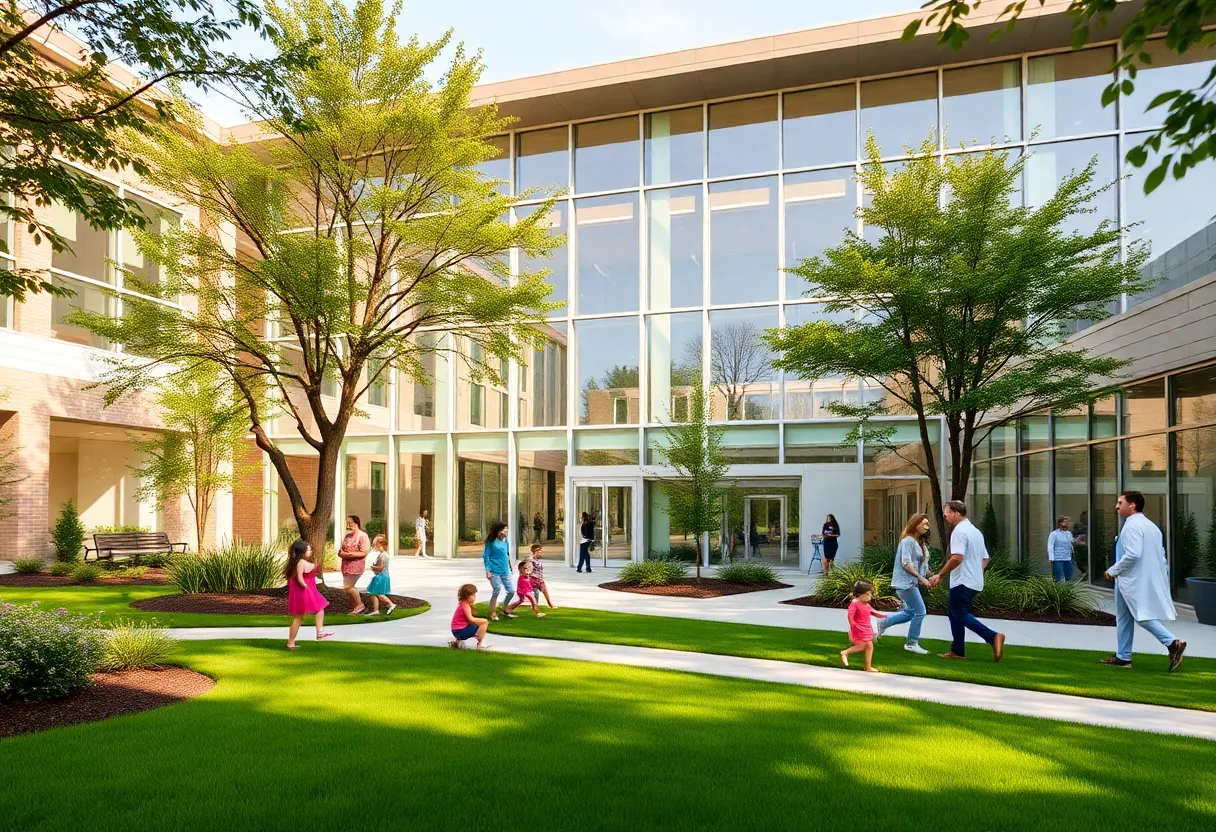Challenges and Innovations in Rural Higher Education
Amarillo – The landscape of rural higher education is evolving to meet the unique challenges these institutions face. As they navigate geographical isolation and constrained resources, it is vital for schools like West Texas A&M University (WT) to adapt. By 2025, WT aims to enhance educational access through a variety of innovative strategies, positioning itself as a leader in serving the Texas Panhandle and beyond.
What’s Changing?
In the coming years, WT plans to expand its online and hybrid learning models, allowing more students to pursue education without needing to relocate or endure lengthy commutes. This initiative is crucial for reaching non-traditional students, including working adults and those residing in remote areas. The university’s Geneva Schaeffer Education Building will serve as the main hub for these increased online offerings, merging in-person and online learning into a cohesive experience.
Why Is This Important?
According to research from Brookings, more accessible education leads to more productive individuals, significantly impacting local communities. WT’s response to the regional workforce demands includes developing workforce-aligned curricula, establishing partnerships with local employers, and providing tailored training programs. These collaborations are essential for creating internships and job opportunities that ensure graduates meet the specific needs of the area.
How Will WT Innovate?
WT’s long-range strategic plan, WT 125: From the Panhandle to the World, outlines a clear commitment to addressing rural needs. The university will focus on applied research in critical areas such as agriculture, healthcare, and environmental studies. This emphasis on sustainability, technology integration, and entrepreneurship will attract students looking for real-world solutions to rural challenges.
Addressing Affordability
Affordability remains a significant concern for many prospective students, especially those from lower-income families. To address this, WT intends to promote competency-based education (CBE), allowing learners to progress based on skills mastery rather than time spent in classrooms. This model also includes personalized learning paths and the integration of low-cost educational resources, including digital textbooks.
Improving Mental Health Services
Another pressing challenge affecting rural areas is access to mental health services. WT is responding with the introduction of new Behavioral Health programs and leveraging technology to provide remote counseling and support services. By partnering with local healthcare providers, the university aims to fill the gaps in mental health care access for students and local communities.
Looking Ahead
As WT prepares for the future, it emphasizes the need for flexibility, innovation, and regional alignment in education. These priorities will help address the specific needs of students, families, and businesses across the Texas Panhandle. With its updated strategic plan nearing completion, WT is set to redefine excellence in rural higher education, focusing on community resilience and economic development.
The commitment to enhancing educational access, mental health care, and workforce readiness reflects a holistic approach to fulfilling the university’s role as a community anchor and a vital resource for the region.






